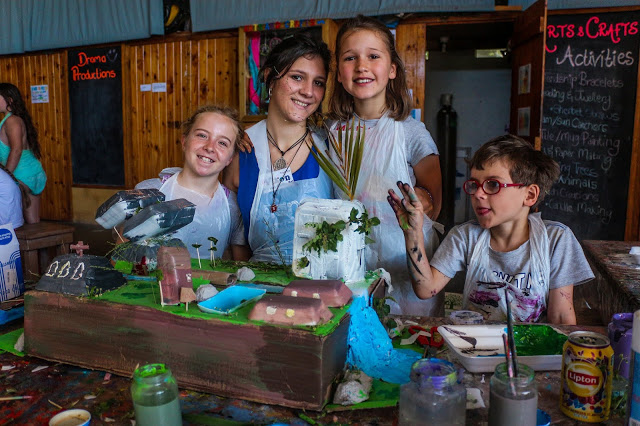Bullying has three defining characteristics – it is deliberate (a bully intends to hurt someone), it is repeated (the behaviour continues over time), and it is power imbalanced (bullies pick on those they perceive as weaker). While bullying takes many forms – verbal, physical, emotional – the results are always destructive. Recognising the warning signs is an important first step in taking action. The following signs may point to bullying: Unexplainable injuries. Lost or destroyed clothing, books, electronics or other valuables. Feeling sick or faking an illness, and frequent head or stomach aches. Changes in eating habits, such as binge eating or suddenly skipping meals. Being unusually anxious, nervous, upset, teary, angry and withdrawn. Difficulty sleeping, frequent nightmares or bedwetting. A sudden and significant drop in marks, loss of interest in schoolwork or not wanting to go to school. Avoidance of social situations and other activities. Feelings of helplessness or decreased self-esteem. Running away from home, self-harming or talking about suicide. What to do if you’re being bullied Tell someone If you or someone you know is being bullied the first thing you need to do is tell someone you trust (a parent, sibling, friend, uncle/aunt or a teacher) about the bullying. Tell them to stop Bullies often prey on individuals they perceive as weaker. Try acting confident and assertive and tell the bully to stop. Bullies might also be caught off guard if you brush their comments off with humour or say nothing and walk away. Find safety in numbers Keep yourself surrounded by people and always find a friend to walk with or to eat lunch with. To read more about what to do if you or someone you know is being bullied, click here. Remember that home education allows parents to offer their children emotional reinforcement, to help boost their confidence and self-esteem so they can learn and grow in a safe, supportive and loving environment. By Danielle Barfoot



































